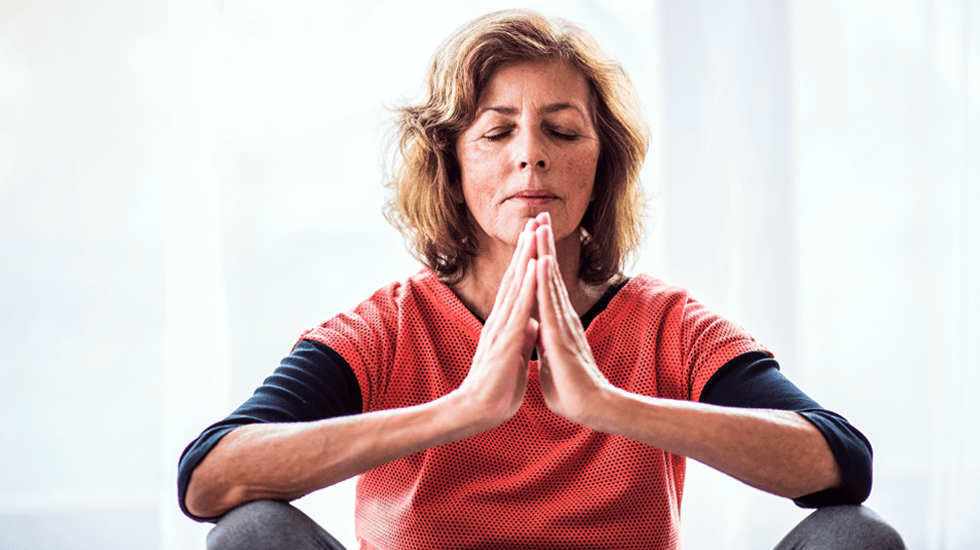


Complementary therapies refer to non-medical methods designed to support, or complement, traditional medical treatment. The goal of most complementary therapies is to support the overall health and wellness of a person, as well as help patients manage the side effects of cancer treatment.
Not all options work or are safe for everyone, so it is important to consult with your doctor before trying complementary therapies. It is imperative to note that any complementary therapy is not a cure or treatment for cancer itself. To help you find the best options for alleviating your side effects, consider the following complementary therapy options after discussing them with your healthcare provider.
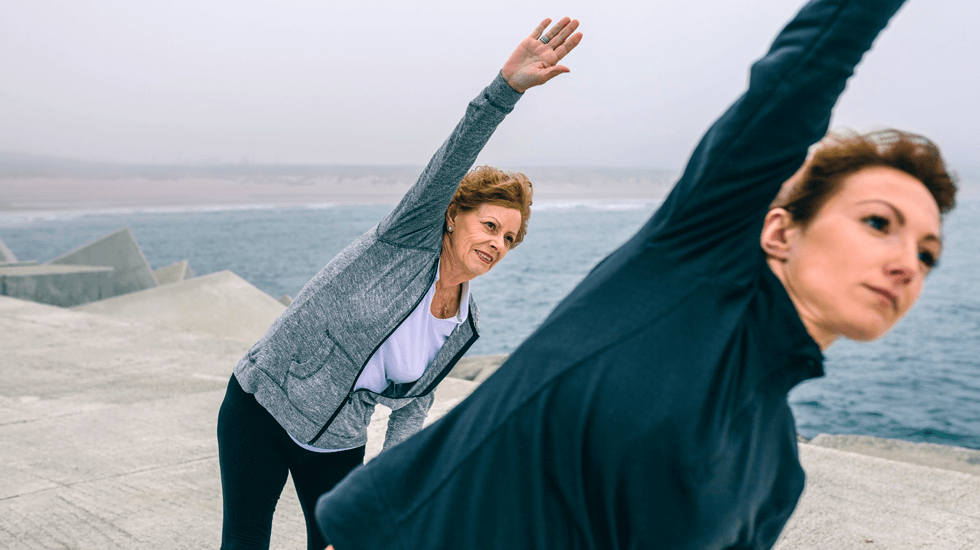
Exercise can help you manage many symptoms and side effects during and after cancer treatment. Gentle exercise may help relieve fatigue and stress and help you sleep better.
In particular, walking, yoga, biking, and Pilates can be enjoyable and beneficial forms of exercise. Many studies now show that an exercise program may help people with cancer live longer and improve their overall quality of life.
If you haven’t already been exercising regularly, check with your doctor before you begin. Start slowly, adding more days and minutes of exercise as you go. Aim to work your way up to at least 30 minutes of exercise most days of the week.
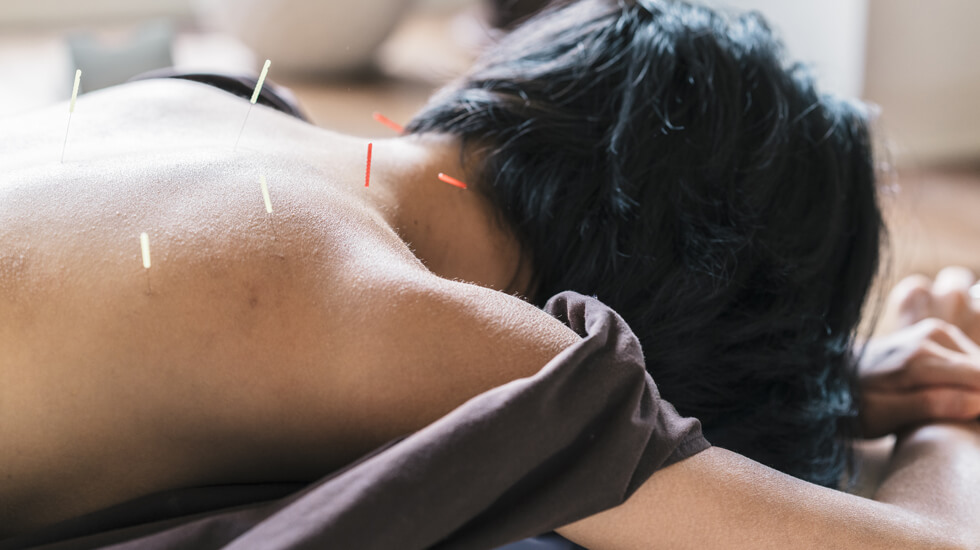
During an acupuncture treatment, a practitioner inserts tiny needles into your skin at precise points.
Studies show acupuncture can help relieve nausea and vomiting caused by chemotherapy and can reduce certain types of pain in people with cancer.
Acupuncture is safe if it’s performed by a licensed practitioner using sterile needles. Ask your doctor for names of trusted practitioners. Do not try acupuncture if you’re taking blood thinners or have low blood counts.
Risks of acupuncture:
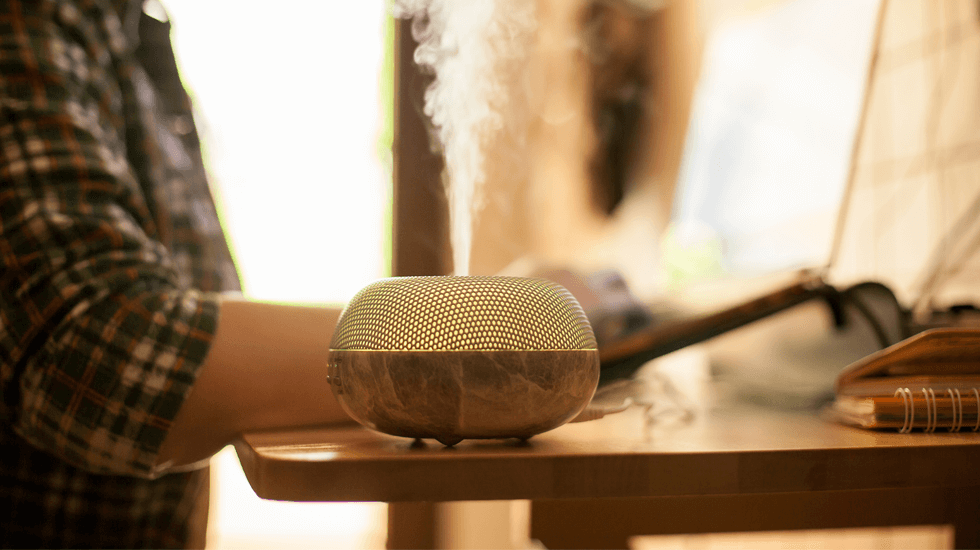
Aromatherapy uses fragrant oils to calm the body and mind. Oils, infused with scents such as lavender, can be applied to your skin during a massage or added to bath water.
Fragrant oils can also be diffused or heated to release their scents into the air. Aromatherapy may be helpful in relieving nausea, pain, and stress.
This therapy can be performed by a practitioner, or you can do it on your own. Aromatherapy is safe, though oils applied to your skin can cause allergic reactions in some cases.
People with estrogen-sensitive breast cancer should avoid applying large amounts of lavender oil and tea tree oil to the skin.
Research in cancer patients has shown that aromatherapy may help relieve:
The National Association for Holistic Aromatherapy reports that certain oils can have the following benefits:
For more information on essential oils and aromatherapy, click here.
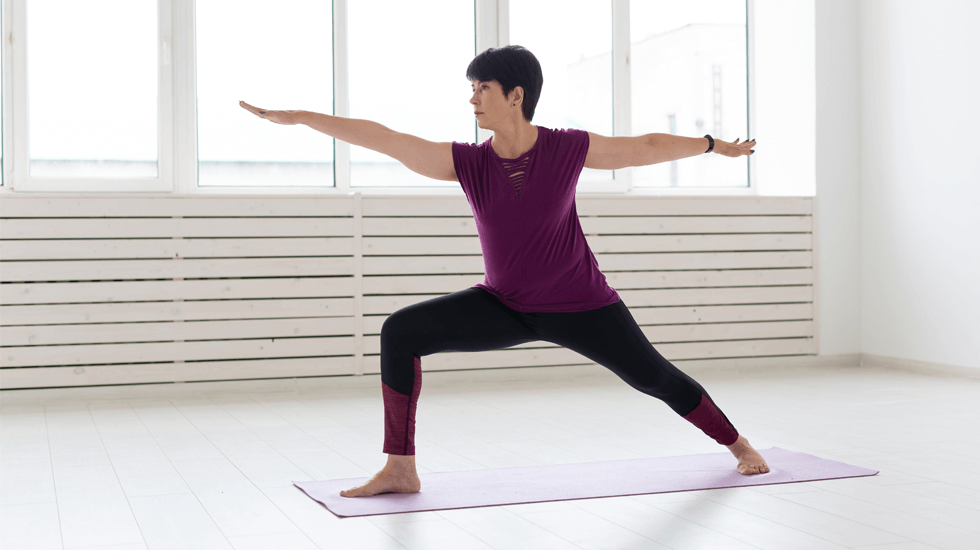
Yoga combines stretching and strength exercises with deep and deliberate breathing. During a yoga session, you position your body in various poses that require bending, twisting, and stretching.
There are many types of yoga, each with its own variations. Yoga can reduce stress, improve sleep, and reduce fatigue.
Before beginning a yoga class, ask your doctor to recommend an instructor who regularly works with people with health concerns, such as cancer.
Avoid yoga poses that cause pain. A good instructor can give you alternative poses that are safe for you.
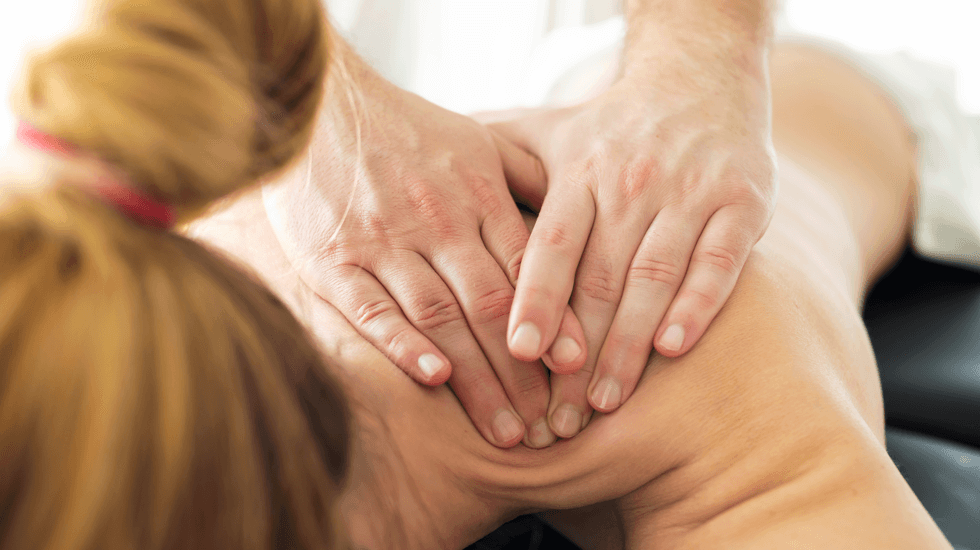
During a massage, your practitioner kneads your skin, muscles, and tendons in an effort to relieve muscle tension and stress and promote relaxation. Massage can be light and gentle, or it can be deep with more pressure.
Studies have found massage can be helpful in relieving pain in people with cancer. It may also help reduce anxiety, fatigue, and stress.
Massage can be safe if you work with a knowledgeable massage therapist. Many cancer centers have massage therapists on staff, or your doctor can refer you to a massage therapist who regularly works with people who have cancer.
Massage has been found to be helpful for:
Important things to keep in mind before trying massage therapy:

Meditation is a state of deep concentration when you focus your mind on your breath, an image, sound, or idea, such as a positive thought.
When meditating, you might also do breathing or relaxation exercises. Meditation may help people with cancer by relieving anxiety and stress.
You can meditate on your own for a few minutes once or twice a day, try a guided online meditation podcast, or take a class with an instructor.
In studies, meditation has been shown to help:
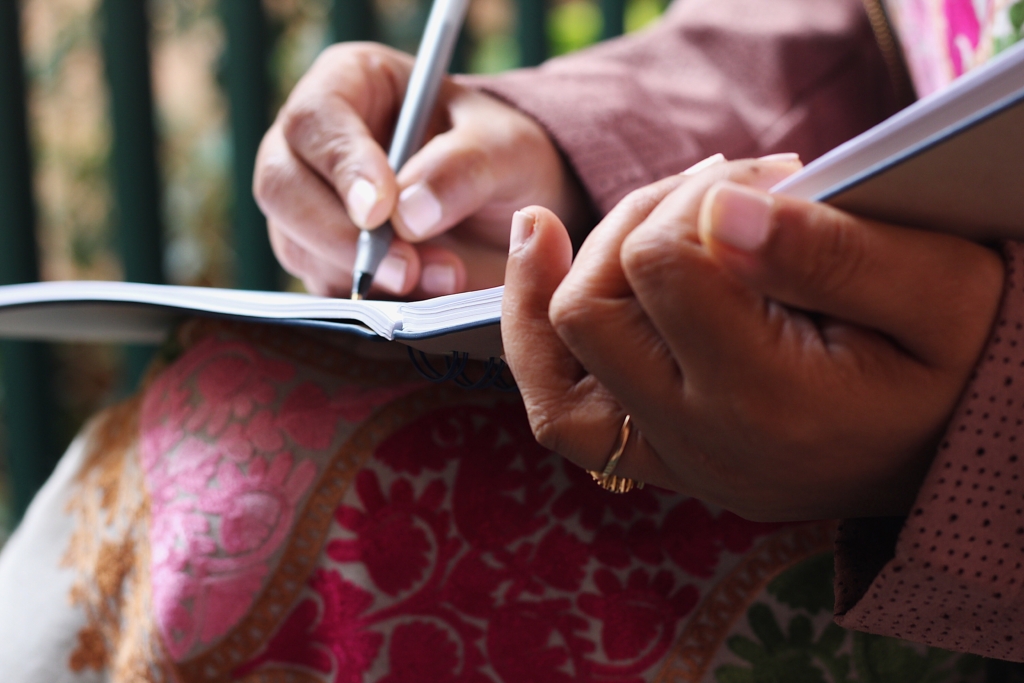
Mindfulness is the ability to be fully present in the moment, aware of your thoughts, feelings, and surrounding environment in a gentle, nurturing way—wherever you are. Mindfulness involves accepting your feelings and thoughts without judgement and understanding what you are sensing in the present moment rather than focusing on the past or future.
According to the National Institutes of Health, “focusing on the present can have a positive impact on health and well-being. Mindfulness-based treatments have been shown to reduce anxiety and depression. There’s also evidence that mindfulness can lower blood pressure and improve sleep. It may even help people cope with pain.”
To learn more about mindfulness and to begin or expand your mindfulness practice, download the free guide, 10 Prompts to Mindfulness.
National Breast Cancer Foundation is here for you and your loved ones. Whether you need support, education, or help during treatment, we have a team dedicated to get you the help you deserve.
Sources:
Donations are always appreciated, but there are lots of great ways to get involved.
The blog article on “Finding the Best Complementary Therapy Options for You” is a practical and insightful guide that resonates with my experiences in exploring complementary therapies for overall well-being. The author provides a user-friendly approach, offering valuable insights into the diverse world of complementary therapies. As someone who actively incorporates complementary approaches into my healthcare routine, I appreciate the article’s emphasis on individualized choices and the importance of finding what resonates best with one’s unique needs. This piece not only reinforces the significance of a personalized approach to health but also empowers readers to navigate and choose complementary therapies that align with their preferences and health goals.
Amazing blog! I really like the way you explained such information with us. And blog is really helpful and informational for us.
Thanks for the information.
I’m an over achiever so I walk at least 8000 steps or swim/walk for two hours four or five days a week. This, in addition to weight watchers, has helped me lose 22 pounds so far. It has also helped a lot with fatigue but insomnia has continued. The insomnia may be from low estrogen and not able to do HRT due to cancer.
I haven’t done anything except work and rest. I’m in a weird state of mind to where I worry about the cancer coming back, feeling exhausted and only going out for fun twice because I don’t want to go anywhere. I only had 6 weeks of treatment, but I don’t have the energy. I wish I didn’t have to work. I think that takes away from wanting to do other things for myself. I have pain and don’t know if it’s from getting up and down the table for radiation or it’s just my age or something else. I’d love to have physical therapy or massage. I’m glad others can take advantage of getting their “me” time and therapy to help them relax after what they have gone through.
Hi,
I am a 3 year Breast Cancer survivor and Yoga is my outlet for my fuggy brain and my anxiety moments . I did Physicals therapy during my chemo and helped me a lot, I walk outside enjoying the nature and her beauties ( even in the rain ). Discovering rock painting help me relax and gives me so much happiness . I did massages and now I want to try acupuncture and do more meditations .
Namaste !
I have had a couple flareups of lymphedema in the last year post treatment. I have gone to a physical therapist that has been trained specifically for lymphedema care. It has helped reduce swelling and I recommend it. Utube videos about lymphedema self-massage. I don’t know a specific one to recommend.
I walk at least 30 minutes a day , 5 days/week. Do some light exercises and have been following some diet changes. This has made me strong from within and feel disease free. Though I am yet to beat anxiety fully , shall practice meditation to overcome the thought of negativity.
This is very helpful
Thank you
Hi It’s Lisa, Hope you’re doing well. I highly recommend acupuncture. It really helped me. I had physical therapy done, after my treatments were done. I had 24 treatments of radiation and had no chemo. My margins were clear. The worst thing for me, was the fatigue. It would stop me in my tracks. I am a 4 year Breast Cancer Survior. Lisa
I found that acupuncture was incredibly helpful with the hot flashes that come with Tamoxifen, etc.
Of course, you need to find a legitimate practitioner who understands the issue and has experience. I was fortunate that my radiation oncologist put me in touch with an RN who is also licensed in acupuncture, and was doing a study on how much it helps those hot flashes. (Spoiler alert: It does. A LOT)
I do yoga and cardio alternate days and walk a mile each day. I feel like I’ve tolerated the chemotherapy well partly due do this. I teach a yoga class for seniors outside
https://supplementbee.pk/ Is best for supplements?